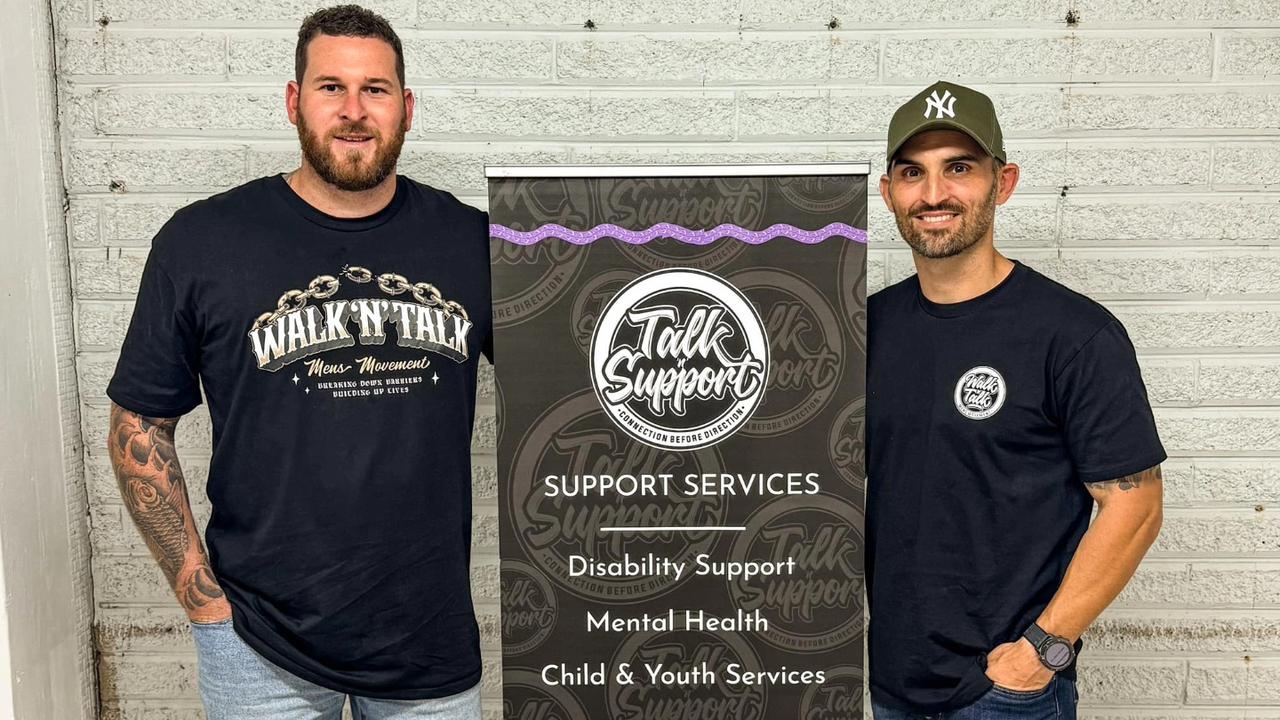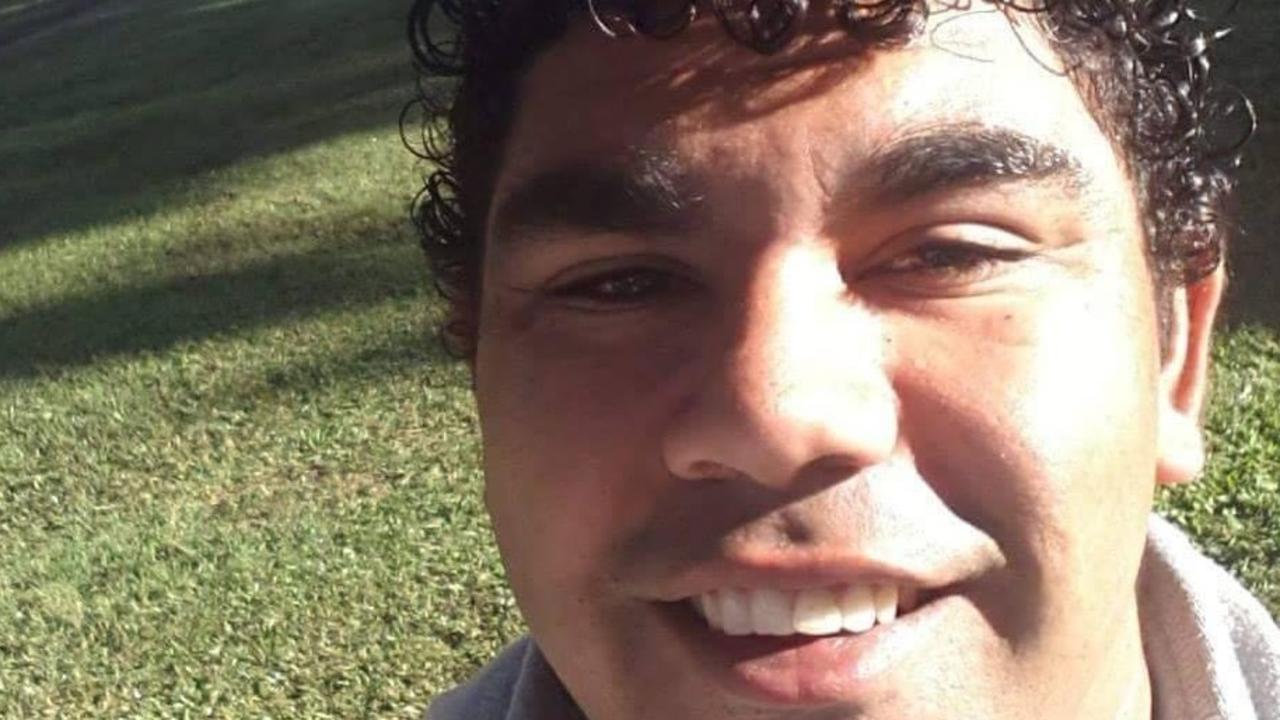Our language is a living thing
SOMETIMES I think I must be in my second childhood – or perhaps my third.

Central Queensland
Don't miss out on the headlines from Central Queensland. Followed categories will be added to My News.
SOMETIMES I think I must be in my second childhood - or perhaps my third.
There is, of course, a wide difference of meaning between 'childish' and 'childlike' and it is in the latter context that I am open-mouthed at the wow factor of the Internet and information technology in general.
Yes, this is just part of ordinary life for those who have grown up with it, but for people of my vintage, it is a whole new world. The immediacy of access and the sweep of data available at a literally digital touch fill me with wonder that must equal or even surpass that caused by the greatest advance in human communication in the second millennium - the printing press.
Now we are well into the third millennium, and the speed and spread of information technology that encircles the globe and cuts through so many communication barriers makes me wonder how long it will be before we have a global language. Internetional, perhaps?
The year 1887 saw the birth of Esperanto, a constructed, easy-to-learn and politically neutral auxiliary language promoted to foster worldwide peace and understanding.
Unfortunately, it never came near to reaching that goal, but it still has many passionate advocates, and last year Google added it to its Translate service, so perhaps there's hope for it yet.
Peace and understanding ... yes, the global village could do with a shot of that mixture right now.
The future language I'm thinking of, though, will be the offspring of our own mother tongue. It will be very different from the English spoken and written now, particularly by my age group.
As a slow learner of what I call iSpeak, I am already finding it difficult to "get" the stripped-down language of Generations Y and Z. To me they often seem to be talking in code, but good luck to them ... it's now their world to manage.
Don't put me down as an opponent of change, though. Our language is a living thing, and change is its lifeblood, but when that change is uncontrolled and undisciplined, clarity of meaning starts to break down.
In government, big business and many other fields, change management is now a growth industry, and it seems to me that our language could do with a few CM consultants.
Through common usage, new words have for centuries been slipping into and out of English, but along the way we have been given guidelines, e.g. grammar and syntax, on how to make our meaning clear.
Now, however, those guidelines are increasingly blurred or ignored. The relaxation or abandonment of the linguistic rules of the road has released everyday English usage from what are seen as outmoded strictures. The inevitable result is that fine shades of meaning are lost, and more seriously, clarity is compromised.
I'll leave to others the debate on the question: Does it matter? If it does, let's put the necessary change management in the right hands - those of true teachers dedicated to their calling rather than their careers.
Originally published as Our language is a living thing






